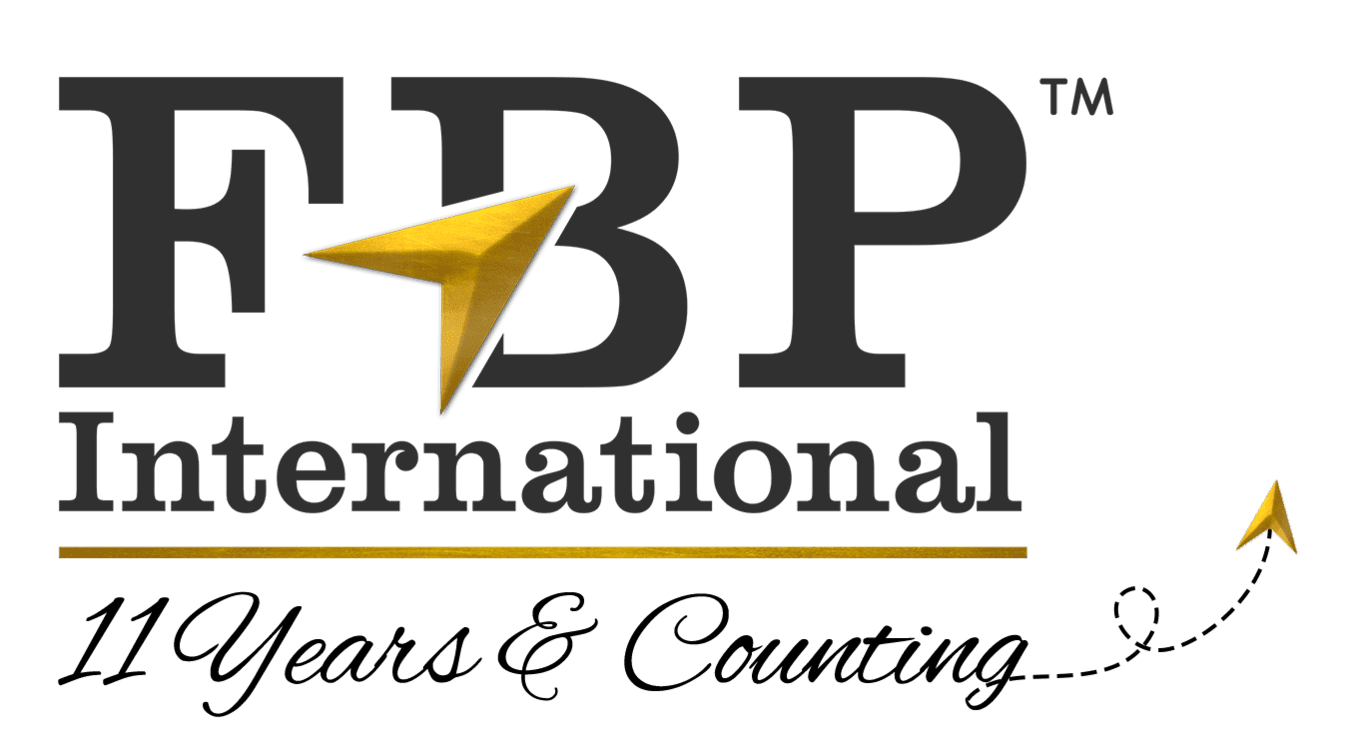Australia, often called the Land Down Under, is a land of captivating contrasts, from its ancient Indigenous cultures to its relatively recent colonial history. Its narrative is a vivid mosaic adorned with resiliency, hardship, and victory threads. Together, we will journey through the ages to uncover the rich past of this remarkable continent.
Ancient Roots: Indigenous Australia
Long before European settlers arrived on its shores, Australia was home to diverse Indigenous cultures with histories stretching back over 65,000 years. These Aboriginal and Torres Strait Islander peoples developed sophisticated societies rich in art, spirituality, and oral traditions.
The Indigenous Australians had a deep connection to the land, viewing it as a resource and spiritual entity. Their intricate knowledge of the environment allowed them to thrive in various climates, from the lush rainforests of the north to the arid deserts of the interior.
European Exploration and Colonization
The 17th and 18th centuries saw European explorers, such as Dutch navigator Willem Janszoon and English explorer James Cook, charted the coastlines of Australia in the 17th and 18th centuries. However, Cook’s voyage in 1770 led to the first recorded European contact with the continent’s eastern coast, claimed by Britain and named New South Wales.
In 1788, the arrival of the First Fleet, led by Captain Arthur Phillip, marked the beginning of British colonisation. The establishment of a convict settlement at Sydney Cove laid the foundations for European settlement, albeit at a significant cost to the Indigenous peoples who had inhabited the land for millennia.
Colonisation and Conflict
As European settlement expanded, tensions between settlers and Indigenous peoples escalated. Dispossession of land, violence, and disease devastated Indigenous communities, leading to widespread displacement and cultural disruption. The frontier wars of the 19th century saw clashes between Indigenous groups and European settlers, leaving a legacy of trauma and loss.
Gold Rush and Federation
The 19th century brought significant changes to Australia, with the discovery of gold in the 1850s sparking a gold rush that attracted waves of immigrants seeking fortune. This period of rapid growth and prosperity laid the groundwork for the movement towards the Federation, culminating in establishing the Commonwealth of Australia in 1901.
20th Century: War and Progress
The 20th century was a time of both turmoil and progress for Australia. The nation played a significant role in both World Wars, contributing troops and resources to the Allied cause. The post-war years saw Australia undergo rapid industrialisation and urbanisation, transforming from a predominantly agricultural economy to a modern industrial nation.
Towards Reconciliation
In recent decades, Australia has grappled with the legacy of its colonial past and sought to reconcile with its Indigenous peoples. The landmark 1967 referendum recognised Indigenous Australians as citizens and enabled the federal government to legislate for Indigenous rights. The apology to the Stolen Generations in 2008 marked a significant step towards healing the wounds of the past, though challenges remain in addressing ongoing inequalities and injustices.
Modern Australia
Today, Australia is a vibrant multicultural society that welcomes people from all over the globe. Its economy is diverse and robust, driven by industries such as mining, agriculture, tourism, and technology. While challenges persist, including environmental concerns and social inequality, Australia continues to evolve and adapt to an ever-changing world.
Australia’s history is a complex tapestry woven from the threads of Indigenous cultures, European colonisation, and waves of migration worldwide. It is a story of resilience, adaptation, and reconciliation, with each chapter shaping the nation we know today. As we reflect on Australia’s past, let us also look towards the future with hope and a commitment to building a more inclusive and equitable society for all who call this land home.




